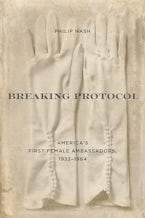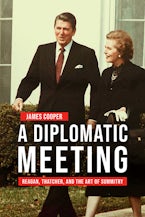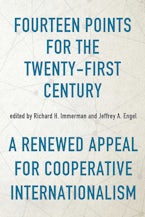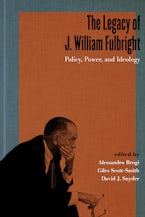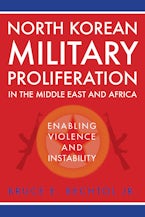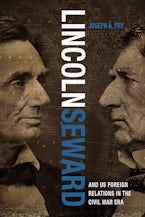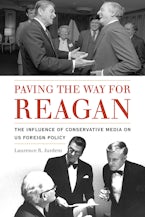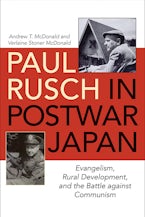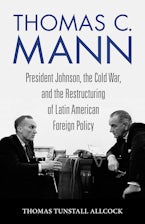Here at last is the long-neglected story of America's pioneering women diplomats. Breaking Protocol reveals the contributions of six trail-blazers who practiced innovative statecraft in order to surmount all kinds of obstacles—including many posed by their own employer, the US State Department. Philip Nash's illuminating study offers an invaluable foundation for our understanding of contemporary foreign policy decision-makers.
~Sylvia Bashevkin, author of Women as Foreign Policy Leaders: National Security and Gender Politics in Superpower America
Diplomacy is the one field of public political life that has been relatively open to women—we need only think of Hillary Clinton, Condoleeza Rice, and Madeleine Albright. In Breaking Protocol, Philip Nash reminds us of the history of their achievements with an enduring and enticing record of the much longer, surprising history of female diplomats and their individual efforts to shape American and international politics.
~Glenda Sluga, University of Sydney
In this highly readable, timely, and well-researched addition to the scholarly research on American diplomacy, Nash engages in a much needed act of 'historical recovery' featuring the first six female US Ambassadors, expertly weaving biography with contextual analysis of a slowly evolving US Foreign Service from the 1930s to the 1960s.
~Molly Wood, Wittenberg University
Breaking Protocol is another important, pioneering book by Philip Nash. This thoroughly researched and gracefully written history of America's first six female ambassadors provides new insights into diplomatic history, Women's Studies, and the conduct of American foreign policy over the course of three of the most critical decades (1933–1964) of the twentieth century. Pathbreaking!
~Martin J. Sherwin, Pulitzer Prize winning coauthor (with Kai Bird) of American Prometheus: The Triumph and Tragedy of J. Robert Oppenheimer
Breaking Protocol is a lively and entertaining read; the depth of the sexism it depicts in the encrusted male world of twentieth century diplomacy is astonishing and revelatory, even when we should be prepared for it. The first women to break the diplomatic glass ceiling are a tough and spirited bunch, well worth resurrecting and remembering!
~Anne-Marie Slaughter, CEO, New America
Nash's well-crafted study...recounts the pathways to power and the major accomplishments of the first six female ambassadors who served the interests of their presidents and the United States abroad in the middle of the twentieth century.
~The Journal of American History
Researching an extensive array of material, Breaking Protocol breaks new ground in the history of women in US diplomacy and offers a balanced evaluation of the 'Big Six.'
~Diplomatica: A Journal of Diplomacy and Society
Breaking Protocol deepens historical understandings of women's contributions in the realm of foreign relations while highlighting the pernicious sexism faced at home, abroad, and even within the confines of the embassy. Engaging and accessible, this book will appeal to readers who are interested in the role of women in US foreign relations more broadly, but it will also be useful for scholars keen to know more about the history of the foreign service, the origins of public diplomacy, and the intersection of domestic politics and foreign affairs.
~H-Diplo/H-Net Reviews
Breaking Protocol is a noteworthy contribution to increasing awareness and visibility of the place and role of women in US foreign policy and in international history.
~Hague Journal of Diplomacy
Provides a fascinating bridge between twentieth century diplomatic and gender history.
~Diplomacy and Statecraft
Breaking Protocol provides an overdue analysis of the significance and long-term impact of the first six women appointed as U.S. ambassadors. It admirably balances the narrative history of each woman's service with a thorough assessment of the role that gender played in their successes and struggles.
~Peace & Change
